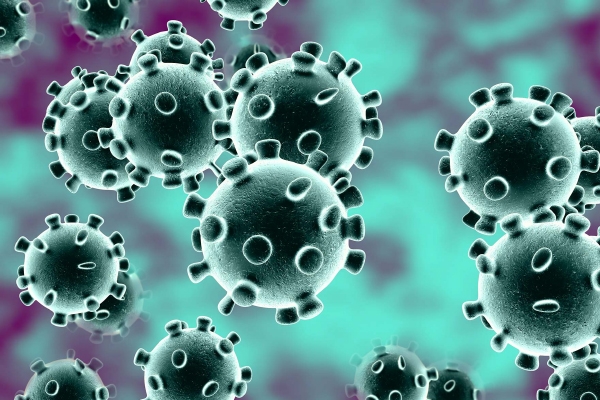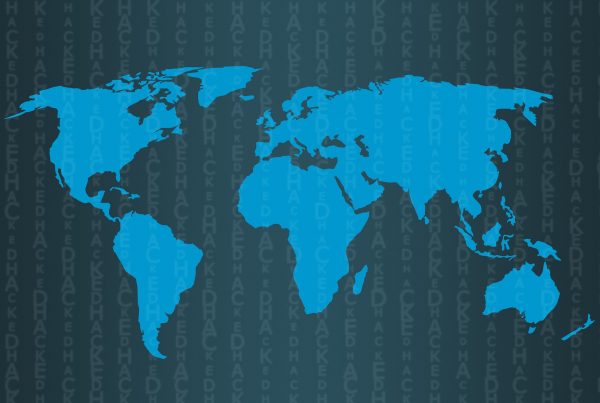“COVID-19!” the mere mention of the word sends an ominous shiver down our spines! Such has been the phenomenal negative buzz associated with the rise and spread of the Novel Coronavirus, from Wuhan China to what appears to be every nook and corner of the world! However, as the US Surgeon General tweeted a few days ago, “Seriously people- STOP BUYING MASKS! They are NOT effective in preventing general public from catching #Coronavirus, but if healthcare providers can’t get them to care for sick patients, it puts them and our communities at risk! Washing your hands, staying home when sick and other ‘everyday preventive actions’ are the best protections” He went on to urge people to get a flu shot, as fewer flu patients means more resources to fight the coronavirus. This tweet came during what has become a mask boom. With coronavirus popping up in the United States, some have begun buying face masks as a form of protection, despite the likes of the US Centers for Disease Control and Prevention saying they’re unnecessary.
In this chaotic environment, each of us has a civic duty, to not just protect yourself but also our families and people around us to prevent further outbreak. If each one of us do our bit we could prevent COVID-19 from spreading it forward and help stop this global epidemic.
Understanding Coronavirus
According to the World Health Organization’s (WHO) Coronavirus Website – “COVID-19 is the infectious disease caused by the most recently discovered coronavirus. This new virus and disease were unknown before the outbreak began in Wuhan, China, in December 2019.”
The virus was not known to be infecting humans before December 2019. Though it is less deadly than SARS (a previous virus-caused pandemic), it is more infectious than SARS. The infected count fro COVID-19 has gone up to 92,819, with approximately about 3% mortality rate. To this date, there is no specific anti-viral medicine or vacancies to prevent the COVID-19 virus. Infected patients’ health can be improved by supportive care, and people with serious illness should be hospitalized. The infection symptoms don’t show in some cases for a long time, so it is best to be careful and avoid joining larger gatherings, and to avoid non-essential travels to distant lands, as one might not know who is infected and who is not, nor the availability of proper care in case one did get infected.
Risk of Misinformation
Given the global state of panic there are bound to be misinformation, misleading statements and claims. We must beware of getting into these loops of misinformation. We must get our questions answered only from reliable sources.
You can look for most common information at the following website maintained by WHO for frequently asked questions.: https://www.who.int/news-room/q-a-detail/q-a-coronaviruses
Avoiding Fraudsters during the Crisis
As it always happens at times of panic and mass hysteria during a pandemic, there are people out there who are working to exploit the situation. According to WHO, many people have been receiving fraudulent emails stating they are from WHO and offering “remedies” for COVID-19 at a bargain price.
Please be aware that there is no cure found yet for the COVID-19. All such emails offering remedies are scams.
Both the FDA and the WHO have asked the public to avoid opening such emails, and to stay away from scammers. They will rip you off your money and gather your personal information. Some tips to help you to stay away from the fraud schemes;
- Do not open emails or click links you don’t recognize.
- For information visit authentic CDC and WHO Don’t believe in emails and information claiming to be from the CDC or WHO.
- Don’t purchase or invest in medications claiming a cure for COVID-19. There is no cure yet and any alteration to the current situation WHO is your best source of information.
If you are making any donation for the coronavirus relief or research make sure the organizations are legit






